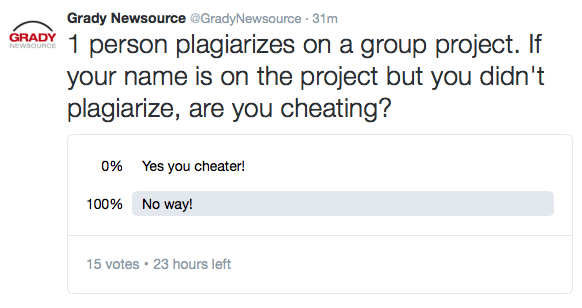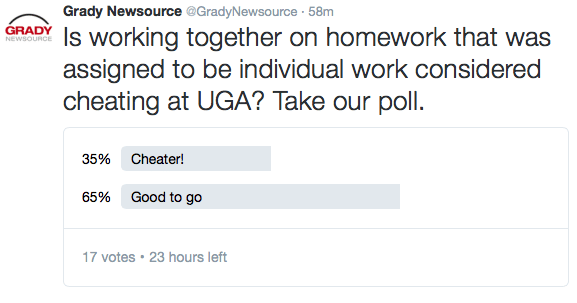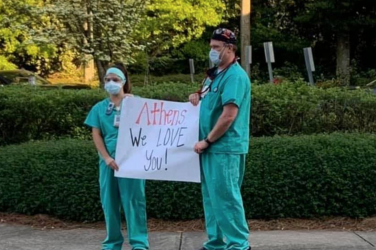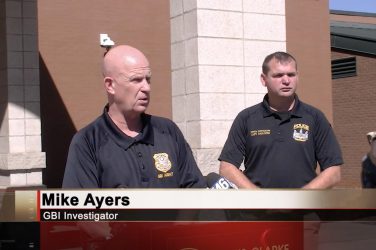By Nicole Castrellon and Zack Sims
Reports of cheating at the University of Georgia are on the rise, but not for the reasons you may think. Deborah Bell, executive director of student academic honesty, said professors are getting better at catching cheating and students sometimes don’t realize they are doing it. We took to Twitter to see if people look at cheating the same way the University does. 
As you can see many people did not feel like these two scenarios should be considered cheating. However, under UGA’s academic honesty policy both are grounds for cheating. According to the policy, “A student does not have to intend to violate the honesty policy to be found in violation.”
There are scenarios when a case can be dismissed. For a case to be dismissed, a teacher must decide there was no violation after talking with the student or the Academic Honesty Panel must say the teacher was unable to show that a violation occurred. In the following situations, a cheating case would be dismissed:
- Students shared notes – were allowed to use notes to complete the assignment (just not work with another student)
- Student was able to explain how he/she came up with an answer to a test question (came in with notes used for studying)
- Student’s writing seemed unusually sophisticated compared to previous papers – the student came to the Facilitated Discussion with notes used, proof that he/she worked with staff in the Writing Center and the instructor agreed that there was no dishonesty.
- The instructor wasn’t able to demonstrate that is was “more likely than not” that a violation occurred.








